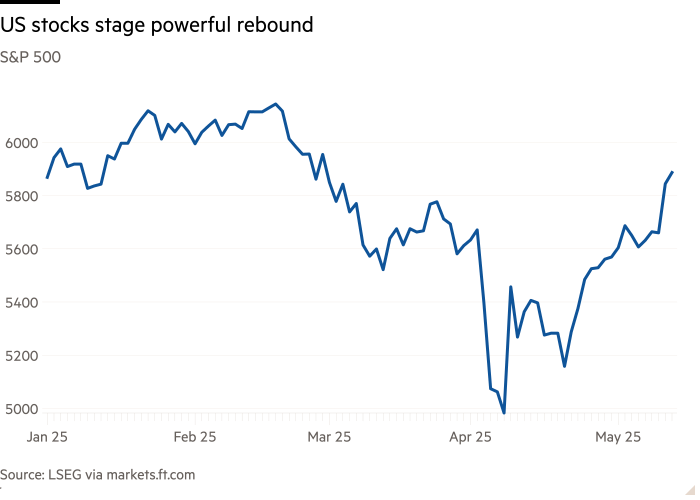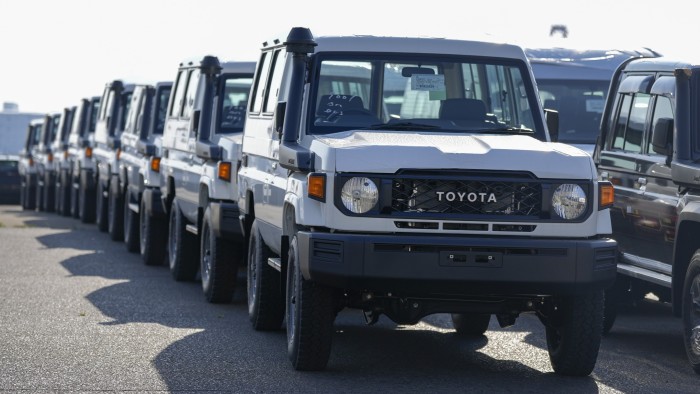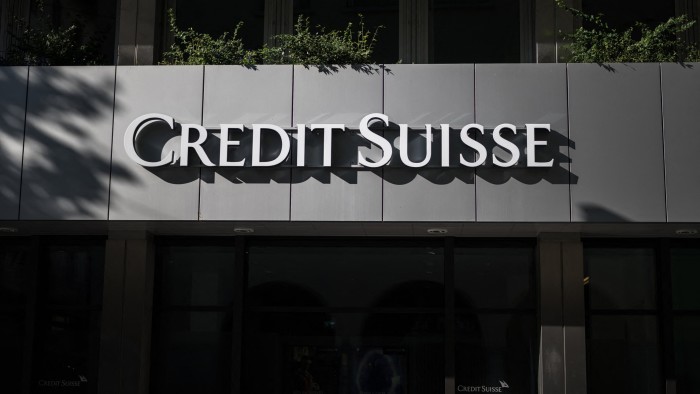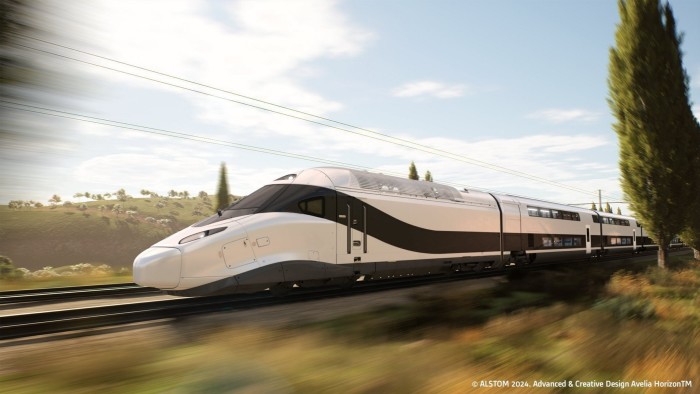Tesla supplier Panasonic pressed to step up deliveries of US-made batteries
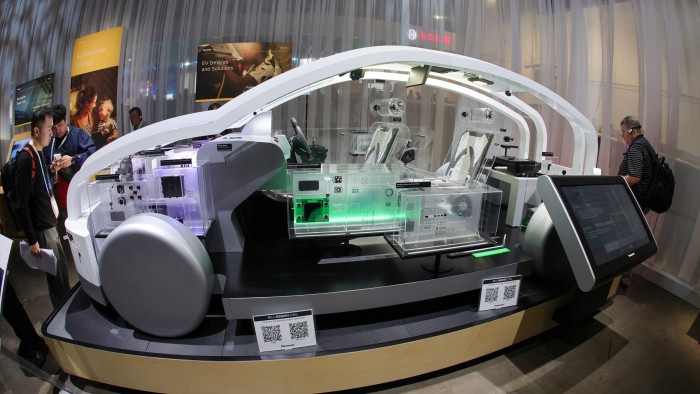
Unlock the Editor’s Digest for free
Roula Khalaf, Editor of the FT, selects her favourite stories in this weekly newsletter.
Tesla battery supplier Panasonic is being pushed to accelerate supplies of its American-made products, according to the Japanese company’s chief executive, in a sign that US protectionist measures have made batteries manufactured by its Chinese rivals less competitive.
Yuki Kusumi said in an interview in Tokyo with foreign media that its main customer — widely understood to be Tesla — was encouraging a quicker start to production at its new Kansas plant, most likely because Chinese batteries were less profitable to bring into the US due to a combination of subsidies and tariffs.
“As we’ve been told by our customer to get Kansas moving quickly, we’re hurrying to do so,” Kusumi said. He conjectured that the customer was thinking that replacing Chinese batteries with US-made Panasonic ones would help its electric vehicles sold in the US qualify for significant consumer tax credits.
Under construction since 2022 and close to first production, Panasonic’s plant in De Soto, Kansas, will be its second battery site in the US and will lift its production capacity 60 per cent when it reaches mass production by March 2027.
Kusumi did not mention Tesla by name. However, Tesla has long been Panasonic’s largest customer, jointly setting up the Nevada gigafactory that helped Elon Musk’s car group become a global EV leader.
The rush to bring Kansas online runs counter to delays and cancellations across the auto sector for battery and EV plants in the face of slower sales growth for electric cars.
Honda on Tuesday announced a delay of at least two years to an $11bn battery investment in Canada, following a similar move by Toyota this year, while Nissan has abandoned plans for a battery plant in Japan.
Tesla previously sold a low-cost version of its Model 3 in the US that used a battery sourced from China, but discontinued it last year. The vehicle would not qualify for subsidies under the Inflation Reduction Act, the US clean energy industrial subsidy package.
The Texas-based automaker has tried to rely mainly on US-made batteries for models sold in the US but it does not fully disclose the origin of batteries for each model variant.
Kusumi highlighted potential risks to demand for EVs sold by its major customer in North America, citing that vehicles of a certain automaker had been set on fire.
Tesla vehicles have been vandalised in the US in protest against Elon Musk’s controversial leadership of the Department of Government Efficiency in the Trump administration. The consumer backlash led the US carmaker to its worst quarter since 2022 in the first three months of this year.
“There are risks, but we are planning on robust demand for batteries from our main customer as of now,” Kusumi added.
Panasonic has fallen behind Chinese and Korean competitors after betting heavily on Tesla during a nascent stage of electric vehicle adoption. It has dropped from the world’s leading EV battery producer in 2016 to number four.
The group’s standing could be strengthened by the opening of a Japanese battery plant in Wakayama in September last year and the new Kansas factory, which it has previously said would open in the spring of this year.
Kusumi declined to provide an exact timeline for the start of production, although he said the company had an internal target in mind.
Last week, Panasonic said it would cut 10,000 jobs, equivalent to 4.3 per cent of its workforce, as part of a long-awaited restructuring plan to focus on more profitable businesses and consider withdrawing from less profitable ones, including the TV unit that turned it into a household name.


